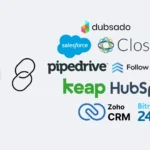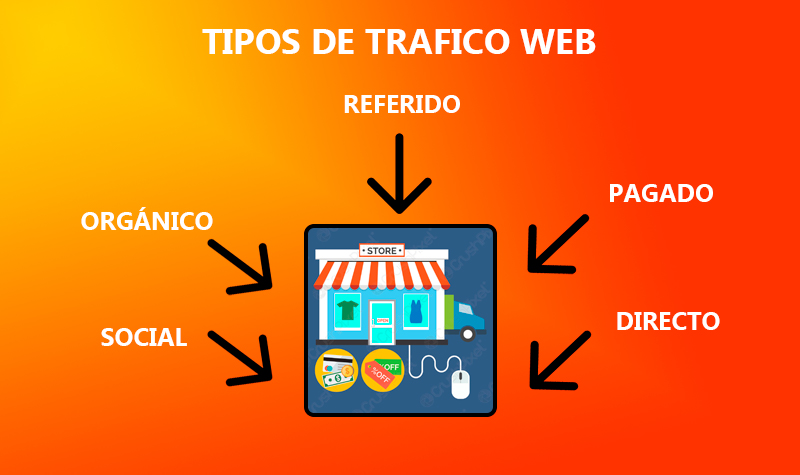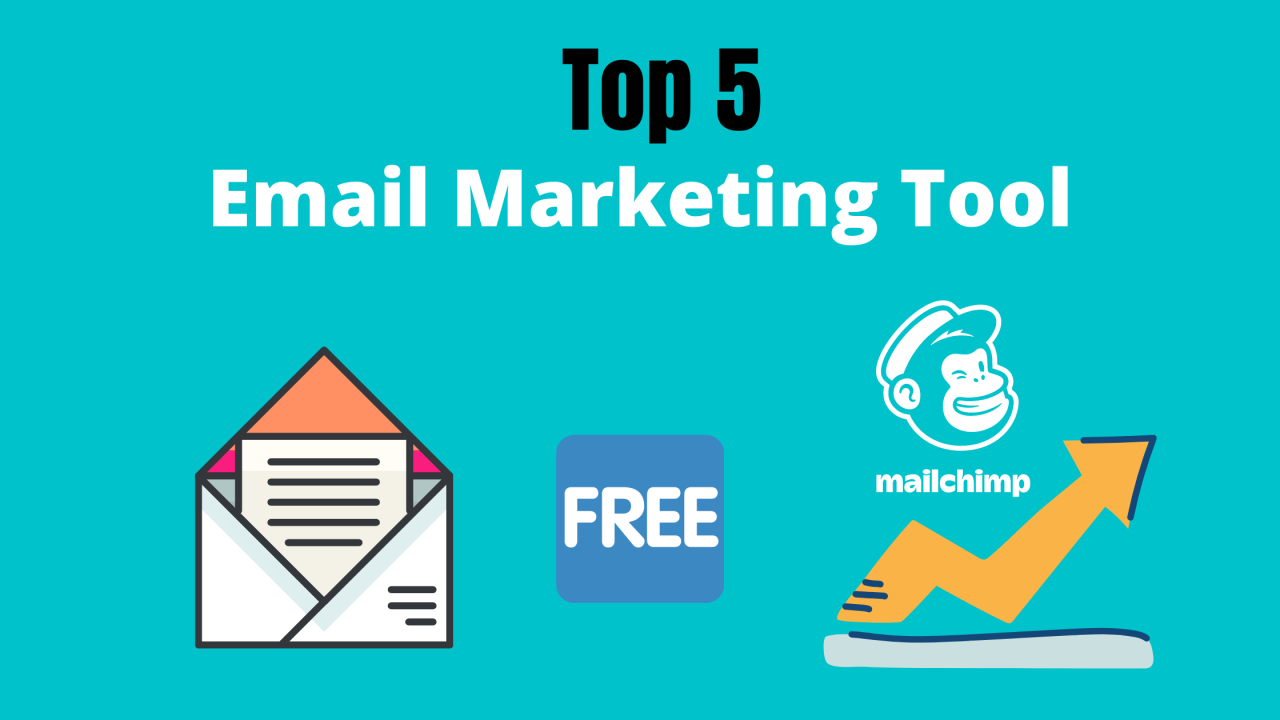Everything you need to know about the new SEO factors to improve your web positioning on Google in 2023. At the end of the article, include a call to action so people know what to do after reading your article.
Article index
Since Google established itself as the most popular search engine in the late 1990s, millions of people have turned to it to find answers to their questions and solutions to their problems.
As the internet has become increasingly integral to our lives, Google’s search engine has become increasingly important for businesses looking to reach new customers.
What are the SEO factors that define the good positioning of a website?
Search engine optimization is a digital marketing strategy that focuses on improving a website’s ranking in search engine results (SERP). The objective of the search engine optimization strategy is to increase the organic traffic of a website , which is achieved through the optimization of the website and its content for search engines.
Search engine optimization (SEO) is the process of improving a website’s ranking in search engine search results. The goal of search engine optimization is to increase organic traffic to a website . Organic traffic refers to traffic that comes to a website through search engine search results , as opposed to traffic that comes through paid ads or other forms of digital marketing.
Search engine optimization is achieved by performing a series of technical and content tasks that improve a website’s ranking in search engine search results. Search engine optimization technical tasks include, but are not limited to;
- The configuration of the server and the structure of the website.
- Source code optimization
- The creation of sitemaps.
Search engine optimization content tasks include, but are not limited to;
- Keyword research.
- Creating and optimizing content for search engines.
- Internal and external linking.
SEO factors are the elements that search engines take into account when deciding where a website will appear in search results. SEO factors are divided into two categories: on-page factors and off-page factors .
- On-page factors are those that are located within the website and can therefore be controlled by the website owner.
- Off-page factors are those that are located outside the website and, therefore, cannot be controlled by the website owner.
On-page SEO factors
Among the main factors of on-page SEO are;
- The quality of the source code.
- The structure of the website.
- The quality of the content.
- The density of the keywords.
- The relevance of keywords.
- The number of incoming links
- The quality of the incoming links.
- The number of internal links
- The quality of internal links.
- The number of visits.
- The time spent on the website
- The bounce rate.
- User behavior and website loading speed.
Off-page SEO factors
Among the main factors of off-page SEO are;
- The popularity of the website.
- The reputation of the website.
- The age of the website.
- The relevance of the website.
- The number of external links.
- The quality of external links
- The number of backlinks.
- The quality of the backlinks.
- The number of mentions.
- The quality of mentions and user behavior.
Factors that most influence the good SEO positioning of a website
Below I will detail what I consider most relevant as the main SEO factors for your website. With this I do not intend to tell you to limit yourself to this list, quite the contrary. I invite you to investigate on your own and start applying them in the best way.
Source code quality
Source code quality is an on-page SEO factor that refers to the quality of the HTML, CSS, and JavaScript code used to build a website. A website with high-quality source code is easier for search engines to crawl and index, allowing you to improve your ranking in search results.
Content Quality
Content quality is an on-page SEO factor that refers to the quality of the text, images, videos, and other content found on a website. High-quality content is relevant to users and search engines, allowing them to improve their ranking in search results.
Keyword density
Keyword density is an on-page SEO factor that refers to the number of times a word or phrase is mentioned in a text. High keyword density can cause a website to be penalized by search engines, as this may indicate an attempt to manipulate search results.
External link quality
The number of inbound links is an on-page SEO factor that refers to the number of links pointing to a web page from other web pages. Inbound links are important for search engine ranking, as they indicate to search engines the popularity of a web page.
Internal link quality
The number of internal links is an on-page SEO factor that refers to the number of links pointing from a web page to other web pages on the same site. Internal links are important for search engine positioning, as they indicate to search engines the relevance and quality of a web page.
Number of Visits
The number of visits is an on-page SEO factor that refers to the number of times a web page is visited. Visits are important for search engine positioning, since they indicate to search engines the popularity of a web page.
Bounce Cup
Bounce is an on-page SEO factor that refers to the percentage of users who leave a website after viewing only one page. A high bounce rate tells search engines that users do not find the content of a web page relevant, which can cause a website to be penalized in search results.
User Behavior
User behavior is an on-page SEO factor that refers to the way users interact with a website. User behavior is important for search engine positioning, as it indicates to search engines the interest and engagement of users in a web page.
Website Speed
Website loading speed is an on-page SEO factor that refers to the time it takes for a web page to load. Website loading speed is important for search engine ranking, as it tells search engines the quality and user experience of a web page.
Website Popularity
Website popularity is an off-page SEO factor that refers to the number of websites that link to a web page. Website popularity is important for search engine ranking, as it tells search engines the relevance and quality of a web page.
Website reputation
Website reputation is an off-page SEO factor that refers to how users and search engines perceive a web page. Website reputation is important for search engine ranking, as it tells search engines the quality and trustworthiness of a web page.
Website age
Website age is an off-page SEO factor that refers to the amount of time a website has been up and running. The age of the website is important for search engine ranking, as it indicates to search engines the experience and trustworthiness of a web page.
Website Relevance
Website relevance is an off-page SEO factor that refers to a website’s ability to rank in search engine search results for a given word or phrase. Website relevance is important for search engine ranking, as it tells search engines the quality and trustworthiness of a web page.
Secure Website (SSL Certificate)
The SSL certificate is a security protocol that protects information transmitted over the Internet. SSL is the abbreviation for Secure Sockets Layer, and is responsible for encrypting the information so that it cannot be read by third parties.
SSL certificates are also necessary if you want your website to be compatible with popular web browsers, such as Google Chrome and Mozilla Firefox.
To obtain an SSL certificate, you must first generate an SSL certificate request. This can be done through an SSL certificate provider, such as Comodo, Symantec, or GeoTrust. Once you have your SSL certificate request, you must submit it to your certificate provider for review and approval.
Un sitio web mobile responsive
Today, more and more people access the internet through mobile devices, such as smartphones and tablets. Because of this, it is important that websites are “mobile responsive”, that is, they adapt to different screen sizes.
For example, if a website is not mobile responsive, it may be difficult to read on a smartphone, since the text may be very small. Also, some parts of the website may not display correctly on a mobile device.
A mobile responsive website is easier to use on a mobile device, since all content is optimized for that device. This makes the user experience much better as there is no need to zoom to view content or scroll back and forth to view all content.
Best SEO Strategies applicable for 2023
If your business is not visible in Google search results, you are likely missing out on a lot of potential traffic. Fortunately, there are many ways to improve your web positioning on Google.
Here are some tips to improve your Google SEO in 2023:
1. Create high-quality content
Content is king, and that’s not going to change in 2023. If you want your website to rank high on Google, you need to create high-quality content that is relevant to your potential customers.
That means you need to do extensive research on what your potential customers are looking for and make sure you’re creating content that meets those needs.
Your content should also be unique and informative. Google rewards originality, so make sure you’re not copying content from other sources.
2. Use the right keywords
Keywords are an integral part of any search engine optimization strategy. Keywords are the terms or phrases that people use when they are searching on Google.
If you want your website to rank high on Google, you need to make sure you are using the right keywords.
To find the right keywords, you can use keyword research tools like Google AdWords Keyword Planner or SEMrush.
Once you’ve found the right keywords, you need to make sure you’re using them effectively on your website. You should include them in your website title, in your metadata, in your website content, and in other strategic places.
3. Optimize your metadata
Metadata is the small pieces of text that appear below the titles of Google search results. Metadata is important because it provides important information about your website to Google users.
The metadata should be optimized to include the right keywords and should be attractive enough for people to click on it.
4. Link your pages together
Links are an integral part of any search engine optimization strategy. Links are like votes of confidence that you give to other web pages.
The more links you have to your website, the better your positioning will be in Google. However, not all links are created equal.
High-quality links from high-quality websites carry more weight than low-quality links from low-quality websites.
Therefore, you need to make sure that you are getting high-quality links from high-quality websites. One way to do this is to create high-quality content that attracts high-quality websites to link to your site.
5. Use advanced SEO techniques
Search engine optimization (SEO) is the process of improving your website so that it ranks better in Google search results.
There are many SEO techniques that you can use to improve your positioning on Google. Some of the most popular SEO techniques include using keywords, internal linking, optimizing titles and metadata, and creating high-quality content.
6. Use keyword tracking tools
Keyword tracking tools are an integral part of any search engine optimization strategy. Keyword tracking tools allow you to monitor your website and see how it is ranking on Google.
This is important because it allows you to make the necessary adjustments to improve your positioning. There are many keyword tracking tools available, but some of the most popular include Google Search Console, Bing Webmaster Tools, and Ahrefs.
7. Follow Google’s instructions
Google is the most popular search engine in the world, so it is important to follow its guidelines if you want to improve your positioning on Google.
Google regularly posts its guidelines on its official blog, so make sure you’re up to date with the latest updates.
8. Keep your website up to date
A website that is not updated frequently can lose positions on Google. Google rewards websites that provide fresh and relevant content.
Therefore, you need to make sure that you are publishing new content on your website regularly. You should also make sure that your website is optimized for all the latest Google updates.
9. Be careful with ads
Ads are an important part of any marketing strategy, but you should be careful with them if you want to improve your ranking on Google.
Ads must be relevant and high quality. Otherwise, they can cause your website to lose positions on Google.
10. Be patient
Search engine optimization does not happen overnight. It takes time and effort to build a website that ranks well on Google.
Lastly and most fundamentally. Find out which keywords are getting a large volume of visits from your competition. And how to know it? Well, there are SEO tools that do this job so you can create an SEO strategy and thus begin to steal that traffic. There are many tools, the best known are;
- Semrush
- SE Ranking
- Serpstat
- Ahrefs
- Ubersuguest and others
Personally, I like to use Semrush and SE Ranking a lot , and if you are starting out in SEO, it is good for you to start using them because they offer you a trial period for 15 days. It is enough to find keywords, create a strategy and start boosting your website.
Therefore, you must be patient and persevere. If you follo










